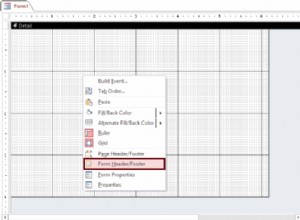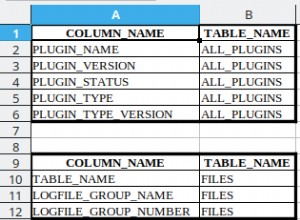पीडीओ ऑब्जेक्ट का उपयोग करना इसे आसान बना देगा, वैसे भी mysql_ विरासत है:
$db = new PDO($hostname,$username,$password);
$qry = "INSERT INTO table (
Date,
FirstName,
LastName,
StraightHours,
OvertimeHours,
PremiumHours,
TotalHours,
PerDiem
)
VALUES (:date, :firstname, :lastname, :straighthours, :overtimehours, :premiumhours, :totalhours, :perdiem)"; // colon variables will be bound to actual variable
$statement = $db->prepare($query); //prevents injection
// binds variables to place holder in query
$statement->bindValue(':firstname', $firstname);
$statement->bindValue(':lastname', $lastname);
$statement->bindValue(':straighthours', $straighthours);
$statement->bindValue(':overtimehours', $overtimehours);
$statement->bindValue(':premiumhours', $premiumhours);
$statement->bindValue(':totalhours', $totalhours);
$statement->bindValue(':perdiem', $perdiem);
$statement->execute();
$statement->closeCursor();
एसक्यूएल को कुछ भी पास करने से पहले आप PHP के साथ और इनपुट जांच कर सकते हैं:
trim(strip_tags(htmlentities($firstname)));
आईएमओ का उपयोग करने और समझने के लिए पीडीओ बहुत आसान है
अद्यतन:
अद्यतन #2:
प्रति दिन सरणियों के साथ अतिरिक्त कार्यक्षमता के लिए आप यह कर सकते हैं:
<input type="text" name="firstname1">
// do this for all fields then
$workingday1 = array();
$workingday1['firstname'] = $_GET['firstname1'];
// etc. for all the other fields
तब आप इस क्षेत्र तक पहुंच सकते हैं:
$workingday1 = $_GET['workingDay1']; // or post or however you want to pass it
$firstname = $workingday['firstname'];
उसके बाद आप अपने डेटाबेस को अपनी पसंद के अनुसार प्रून कर सकते हैं। आपके पास सभी मानों के साथ एक एकल तालिका हो सकती है और कर्मचारी या दिन या w/e द्वारा प्रदर्शित करने के लिए अपने चयन संपादित करें। आप प्रत्येक कर्मचारी के लिए एक टेबल भी रख सकते हैं और फिर उन तालिकाओं से पकड़ सकते हैं और डेटा को कभी भी प्रदर्शित कर सकते हैं।




